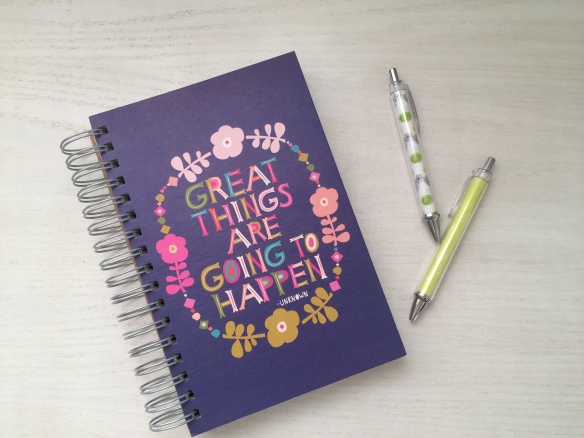
After working with a few small businesses for so many years, I couldn’t help but noticing all the funny little ways each one had of trimming the fat from their budgets. Everyone had their own little system in place to save pennies and it was fun to try incorporate those practices into the way I run my own business.
That’s not to say that I’m stingy when it comes to spending some coin on my business, but when it comes to running a small enterprise I think there will always be moments where we find ourselves tempted to cut costs in order to run as efficiently and simply as possible. Here are some of my favorite ways to do it.
Make it work for you. It’s more important that you identify your own needs for running your business, instead of trying to adhere to someone else’s vision of what your business should look like. Not everyone’s list will look the same. Other things that people deem essential might differ from yours: you might consider a second phone line crucial; and others might scoff at the thought of using anything but email as their prime form of communication.
It’s important to figure out what your bottom line is so you know much (or how little) you can get by with in order for your business to function. If that means foregoing the idea of an office, or a fancy luncheon every day, so be it. You’d be surprised at how refreshing it can be to simplify your routine.
Get creative. Most people dream of having their own home office, but not everyone can afford to make that dream a reality- and not just due to budget constraints. Time, space, lifestyle- each one of these things reflect when, where and how you conduct your business. I’ve seen people with home offices with all of the latest state-of-the-art tech equipment, and I’ve met people who have conducted their business at the dining table after clearing off the dinner dishes. It’s worth exploring alternative ways to make your office hours and office setting work for you– it may be just what you need to cut costs and find a more efficient way of working.
Be realistic. Just because your vision of owning your own business involves going out for a fancy latté every day, it’s a luxury that entrepreneurs can’t always afford. While it would be nice to reward ourselves for our hard work with things like fancy coffees, special office supplies, or a complete office makeover, those things aren’t always possible when you’re first starting out, or if you’re trying to keep your operations small. As soon as you adjust your expectations for a glamorous freelancing lifestyle, the more satisfied you’ll be with your budget-friendly work style.
Of course, there’s always room for compromise– upgrading your regular office coffee maker to a Keurig or even an espresso machine may still be cheaper in the long-term than buying a fancy latté everyday. Or maybe you use your local Starbucks at your office, and the price of coffee counts towards your “rent”, in which case there’s plenty of room to save money on leasehold improvements!
Cutting costs where possible can be a satisfying and even refreshing way of making sure your business is running as cheaply and efficiently as possible. We often convince ourselves we need the latest gadgets, or the most expensive suits to succeed when the truth is that success is often directly correlated with the amount of work we put into something.
A final note: even the most ruthless of budgets should include at least a little room to be generous to ourselves as entrepreneurs. Running a small business is more like a lifestyle than a job, and when we structure our lives around working all the time, it’s important to have a reminder that your work is more than just about paying the bills. You deserve to have some fun!
Even if that means indulging at Starbucks once in a while.

What are some of the creative ways you’ve come up with to save money while running your own business. Did you sacrifice an office? A phone line? How has this transformed the way you work? Send your stories to me at keepingbusyb@gmail.com or comment below.






